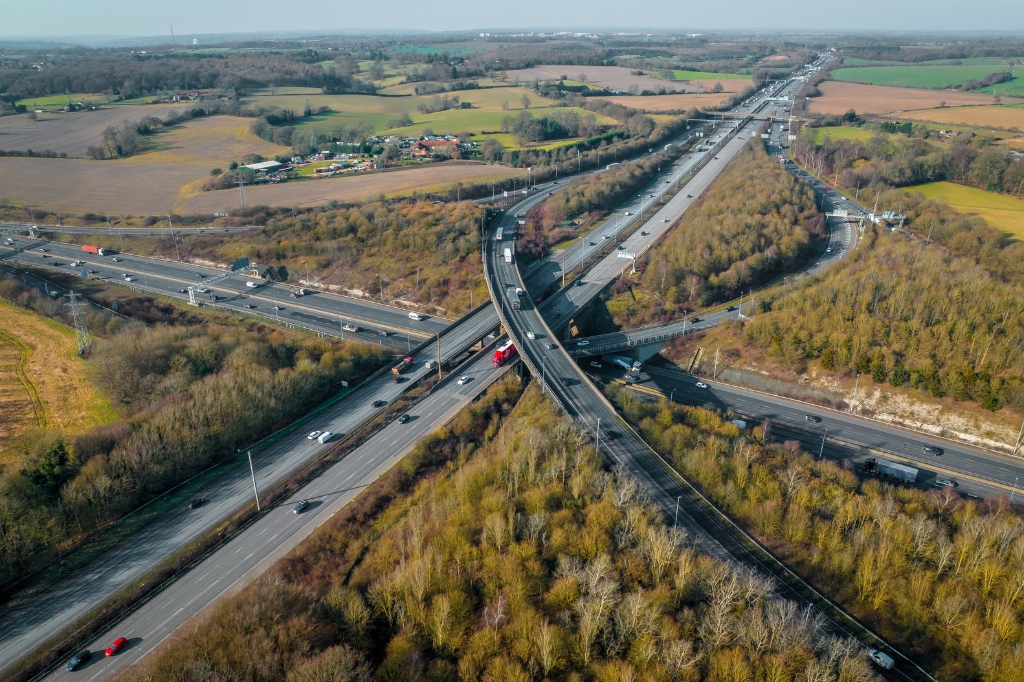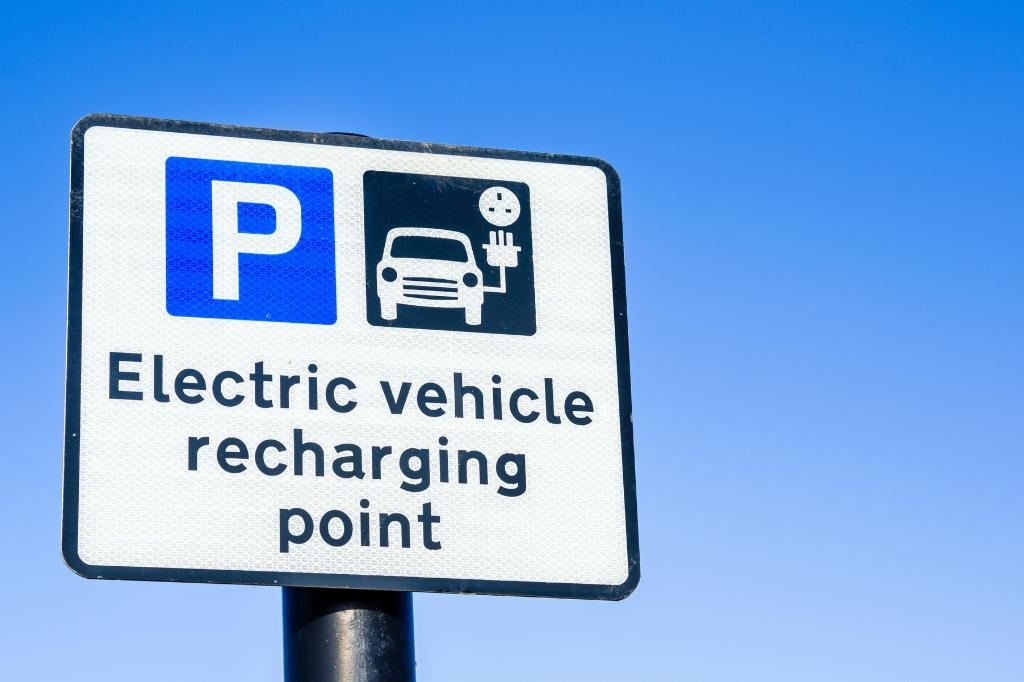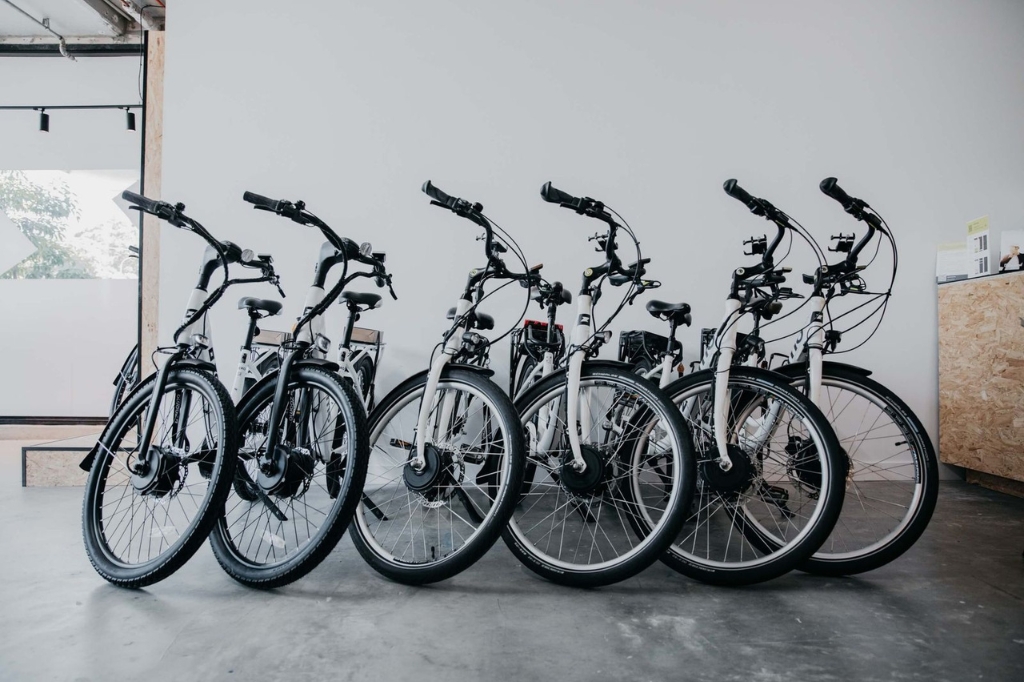
The concept of mobility has seen big changes over the years. It’s come to encompass technological, social, and occupational changes as well as the traditional physical interpretation. From a fleet management perspective, understanding and adapting to changing mobility trends is a key part of staying competitive and sustainable.
When we talk about ‘mobility’ in the UK, we mainly refer to transport-based mobility. We’re thinking about the ways people, goods, and services move within and between our cities, towns, and rural areas. For a country that’s experiencing rapid urbanisation, this focus is absolutely pivotal.
As cities become denser and road networks more congested, old-school approaches to fleet management are likely to face increasing challenges. Getting from point A to point B isn’t enough anymore. To really future-proof your fleet management prospects, you’ve got to do so in a way that’s efficient, cost-effective, and environmentally sustainable.
Factors like urban congestion, environmental concerns, and advancements in tech are driving this change. According to the Society of Motor Manufacturers and Traders (SMMT), while there was a slight lift in 2024, we’ve seen an overall drop of 20.7% in new car registrations over the last five years. This is a trend that’s especially prevalent among young people, with the lowest number of under-25s holding a full license since records began.
Instead, there’s a growing shift towards mobility as a Service (MaaS) models where users access a variety of transport services from a single digital platform.
Initiatives like the Ultra-Low Emission Zone (ULEZ) have pushed businesses to reconsider their fleet strategies and encouraged individuals to think about their everyday commutes. With daily charges for non-compliant vehicles, companies are shifting towards hybrid and electric fleets to avoid this cost. For people, the rise of ride-sharing platforms like Uber and Bolt, as well as micro-mobility options like e-scooters and bike-sharing schemes, are changing the ways people move around urban areas.
The UK Government has reaffirmed the 2030 ICE Phase-Out Date, as well as reiterating its pledge to be a ‘climate leader on the global stage.’ This is something we at SG Fleet are delighted to see, having recently achieved carbon-neutral status ourselves.
For fleet managers, it’s important to consider ways to adapt your fleet for UK mobility trends that hold sustainability as a core principle. This might involve transitioning to EVs or hybrid models, a prospect made easier by car manufacturers embracing net zero and by growth in EV charging technologies.

The digital revolution is making fleet management more data-driven, efficient, and responsive to changing mobility trends. Telematics systems, which track vehicle location, speed, and fuel usage, are now standard in many fleets. Systems like this give fleet managers valuable insights to optimise routes, reduce fuel consumption, and support driver behaviour and competence.
Vehicles equipped with GPS, Wi-Fi, and Bluetooth can communicate with each other and with traffic management systems. In fact, Transport for London (TfL) is investing in new Real Time Optimiser (RTO) traffic lights, which use cutting-edge tech to improve traffic flow and provide better data on road usage.
The RTO system is set to integrate better with modern connected vehicle technologies, allowing for smoother communication between vehicles and traffic infrastructure.
The simple answer is that agility and adaptability are non-negotiable. A great example of this is in the logistics sector, where last-mile delivery is becoming increasingly important.
With the growth of e-commerce, the demand for fast, reliable delivery has never been higher. Traditional delivery vans often struggle with congestion in urban areas, so to overcome this, companies are turning to micromobility solutions like e-cargo bikes. These can navigate traffic more easily and are more environmentally friendly too.
This isn’t just applicable to goods either. Zoomo is a great example of this, helping to pioneer e-bike salary sacrifice schemes. Not only could these be used for last-mile delivery, but they’re also excellent for urban commuters looking for affordable and efficient ways to get about.

Credit: Zoomo
At SG Fleet, we’re proud to be at the forefront of innovation when it comes to keeping people moving. In recent years, we’ve embraced net zero and maximised the potential of EVs to bring our customers accessible, effective, and reliable fleet solutions that are good for business and the environment.
To find out more about how our products can help you get in touch with our team today.
- How Will the UK Government’s VETS Scheme Impact Fleet Customers?
- What the 2024 UK General Election Result Means for the Automotive Industry